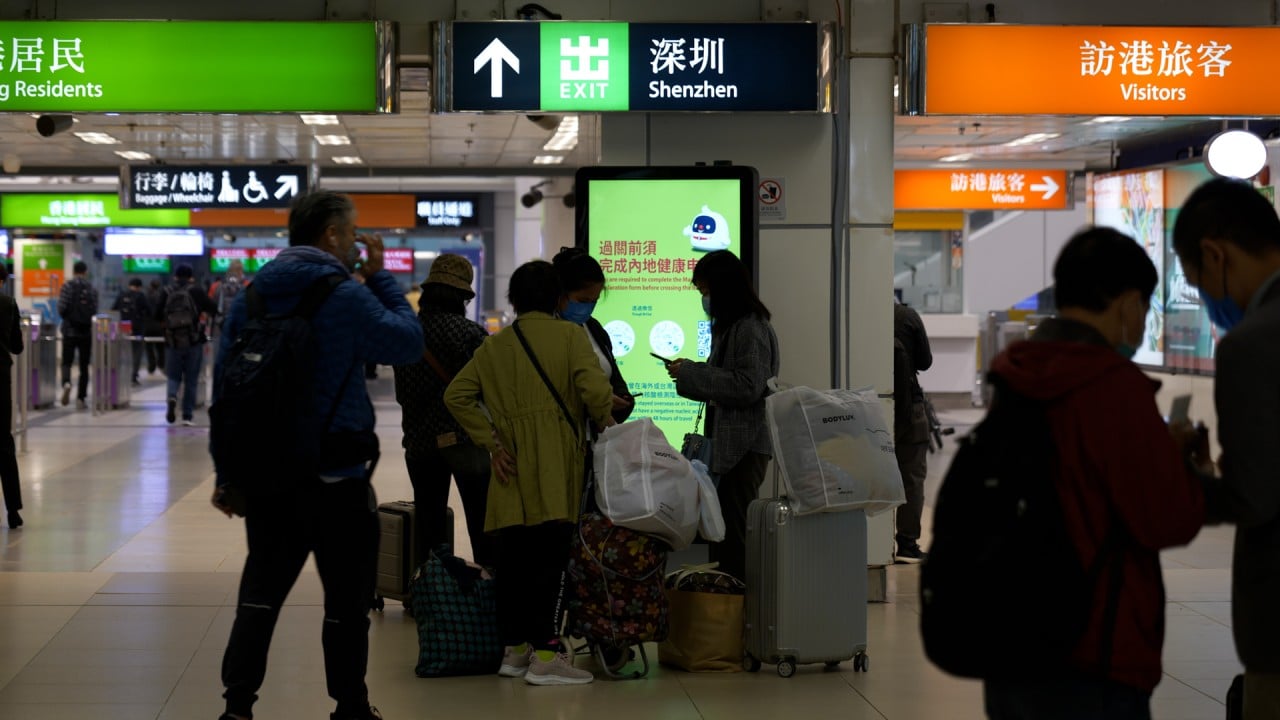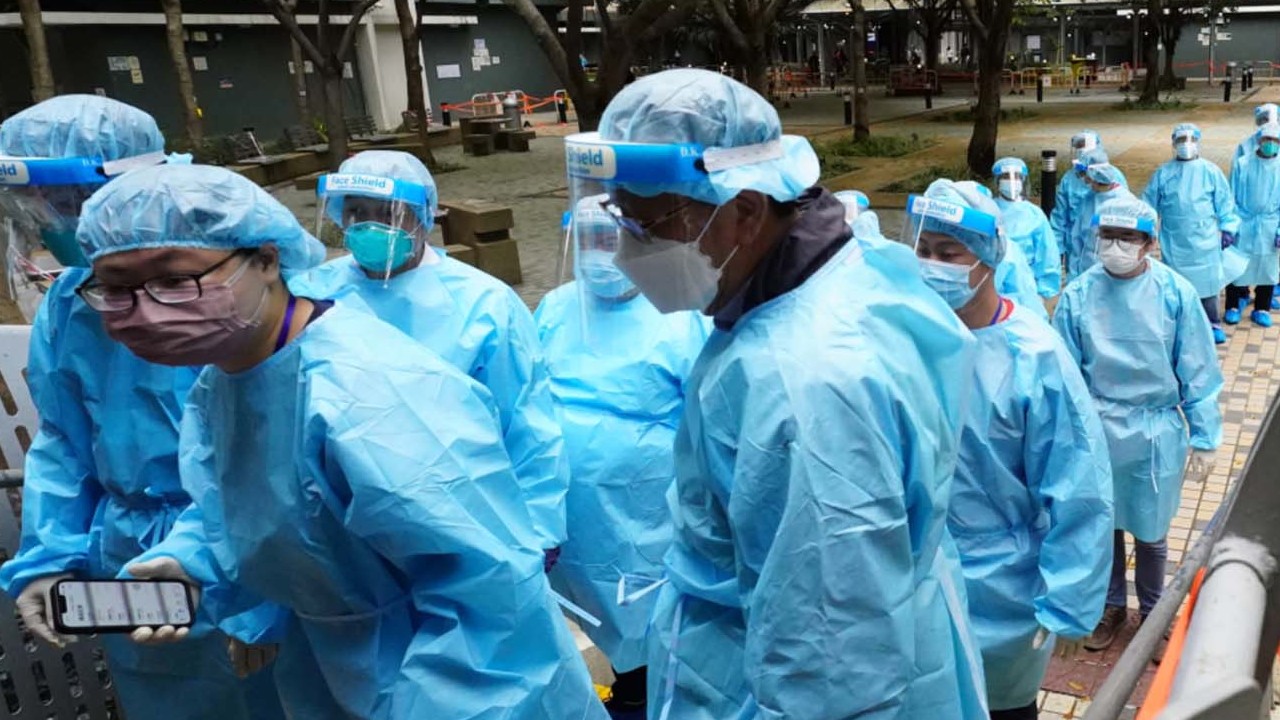
Hong Kong companies among world’s most aggressive in hiring new talent, study says
- Talent shortage expected to persist in the long term, executive at human resources platform Deel says
- Hong Kong companies are most commonly hiring remote workers from Ukraine, India, Philippines, the UK and the US, the Deel study shows
Based on more than 260,000 worker contracts across 160 countries, as well as over 500,000 data points from third-party sources, Deel Lab, the research and policy unit of Deel, found that Hong Kong ranked sixth in the world in terms of organisations’ rate of hiring, and second only to Australia in Asia-Pacific. Moreover, of all 2022 contracts, 89 per cent were for remote work.
“Hong Kong being the second-fastest growing market in Asia-Pacific by organisations’ rate of hiring comes as no surprise,” said Karen Ng, regional head of expansion and market lead in Hong Kong, Singapore, Asean and India at Deel. “The talent shortage is still a pain point, but we’re seeing Hong Kong companies looking globally to fill talent gaps in the market, and adding more remote workers to their workforce – even as the city is opening up.
“We expect this trend to stay … in the long term.”
When hiring abroad, Hong Kong companies are most commonly hiring remote workers from Ukraine, India, Philippines, the United Kingdom and the United States, the Deel study shows. The top roles that Hong Kong-based companies are hiring for are software engineers, marketing, business development or sales professionals, project managers and developers.
On the other hand, Hong Kong talent is in demand in companies based in the US, followed by the UK, Canada, Singapore and Denmark. They are most commonly hired for software engineer, statistician, product, trader and sales roles.
With remote work becoming one of the most dominant trends in the workplace, those born in the 1980s and 1990s are capturing these new opportunities as they are more open to remote work, the study said.
“By now, we know that Hong Kong’s workforce wants more flexibility, and we are pleased to see that companies are also embracing this future of work, and are using global hiring as a way to access the best talent they can get without being restricted by geographical borders,” Ng said.
Sweden had the world’s fastest hiring companies globally, followed by Australia and Estonia, the study shows. The Philippines, meanwhile, is the hottest market in Asia-Pacific to hire from. Workers there have also seen the heftiest increase in salaries, rising by 36 per cent on average.




